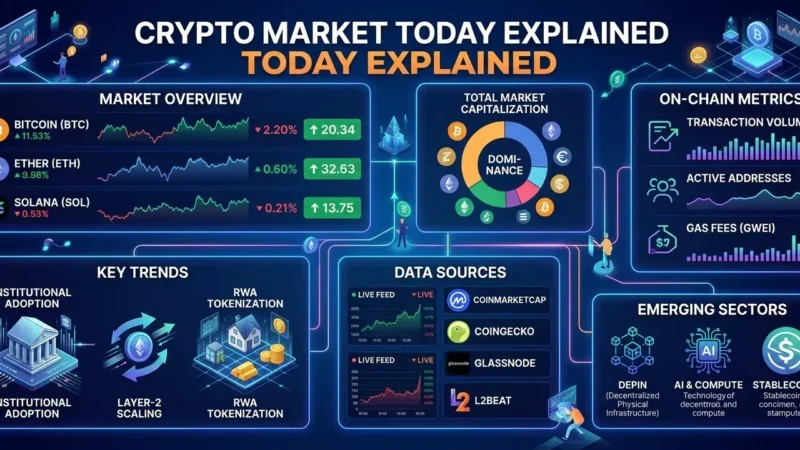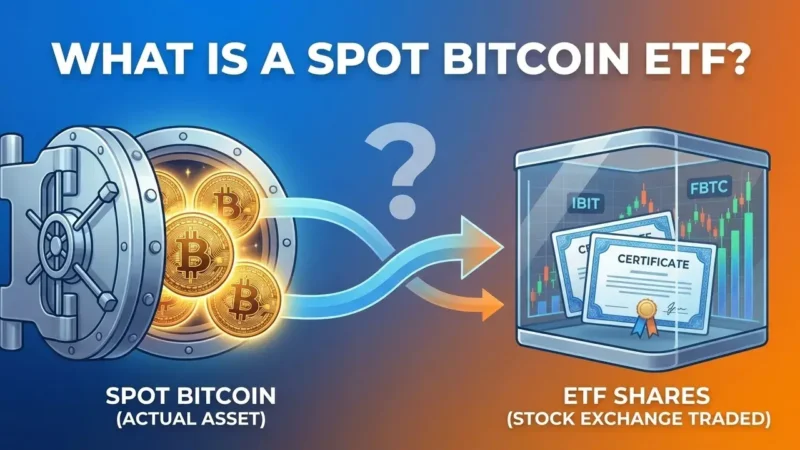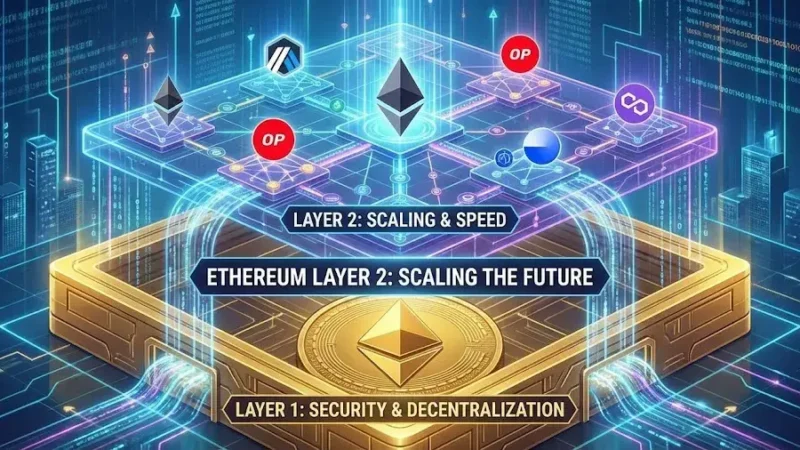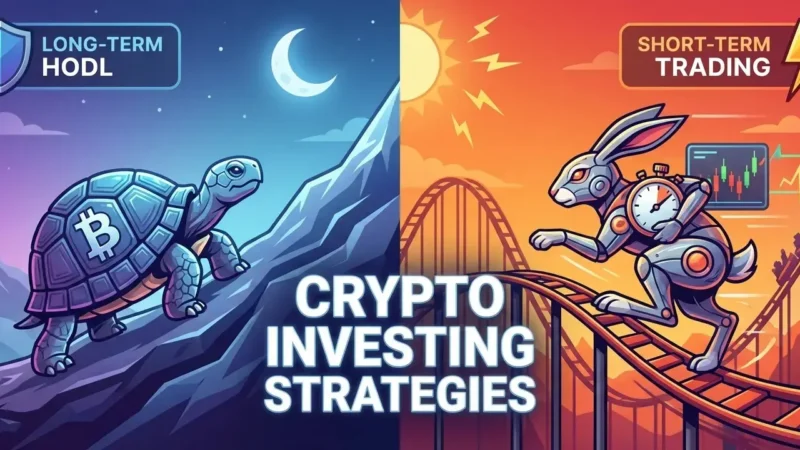The Storm Within: Charles Hoskinson’s Call for the Shutdown of the Cardano Foundation
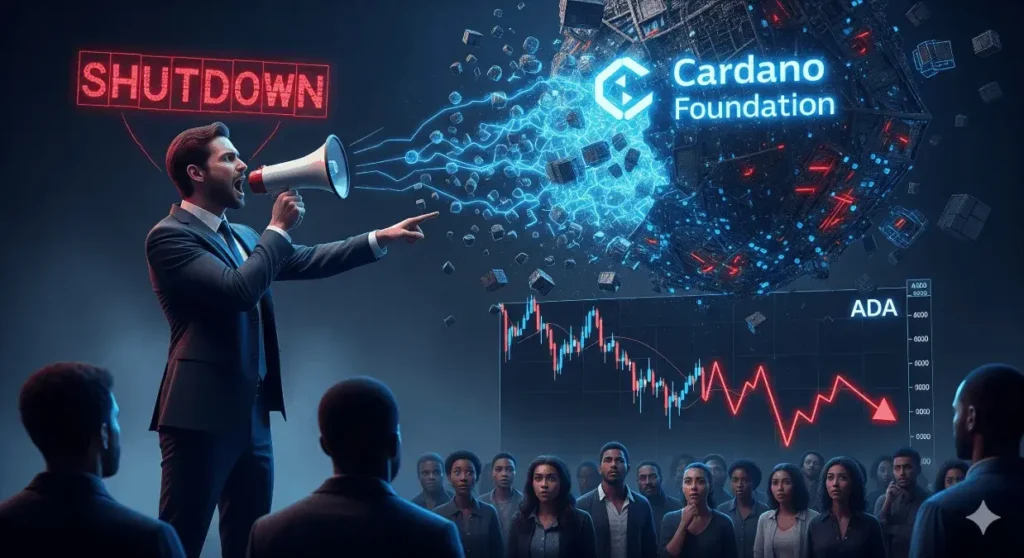
The world of cryptocurrency, for all its revolutionary potential, is not immune to internal strife, power struggles, and accusations that can shake even the most robust ecosystems. Cardano, a blockchain platform renowned for its academic rigor and methodical development, has found itself embroiled in a significant controversy. At the heart of this storm is Charles Hoskinson, the co-founder of Cardano, who has publicly called for the shutdown of the Cardano Foundation following serious accusations of a $600 million ADA misappropriation. While an independent audit has since cleared Hoskinson, the conflict has exposed deeper divisions within the ecosystem, raising crucial questions about governance, transparency, and the future direction of one of the industry’s most prominent projects.
This internal turmoil comes at a delicate time for Cardano’s native token, ADA, which is currently trading at $0.8228, experiencing a 24-hour decline of 1.78%, and holding a market capitalization of $29.40 billion. Such price movements are often exacerbated by uncertainty and a perceived lack of unity within a project’s leadership. The ongoing debate risks not only further price volatility but also long-term damage to investor confidence and community cohesion.
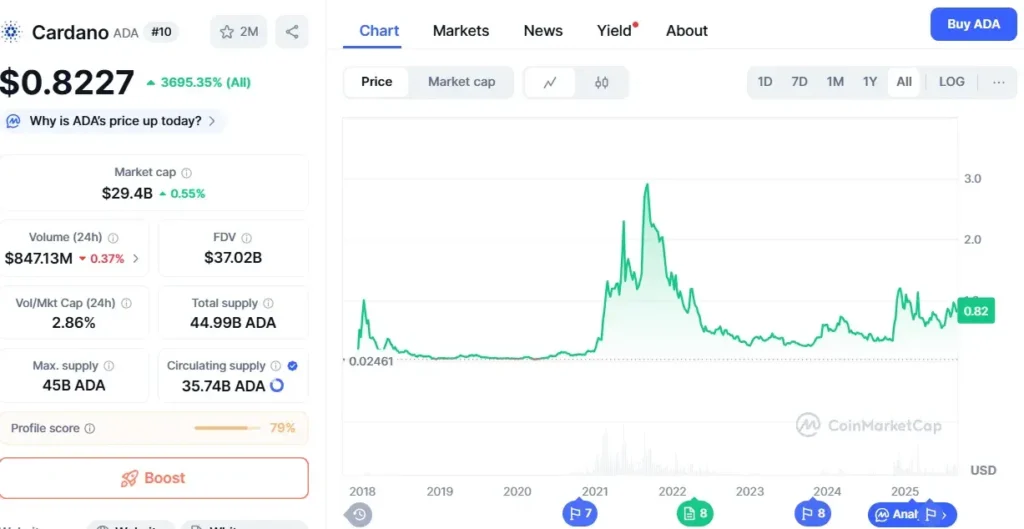
The Genesis of the Conflict: Accusations and Allegations
The roots of the current controversy trace back to a period of heightened scrutiny over the financial management and operational effectiveness of the Cardano Foundation. Established in 2017, the Cardano Foundation is one of three organizations tasked with the development and promotion of the Cardano blockchain (the others being IOHK/Input Output Global and EMURGO). Its mandate includes fostering adoption, building the community, and overseeing the legal and regulatory aspects of the project.
Accusations, which became public through various community channels and social media, alleged a misappropriation of $600 million worth of ADA. While the specifics of these accusations varied, they centered on concerns about how a significant portion of the foundation’s treasury was being managed and deployed. For a project that prides itself on transparency and decentralization, such allegations naturally caused a stir within the fervent Cardano community. The calls for greater accountability intensified, leading to what can only be described as an existential crisis for the foundation.
Hoskinson’s Stance: A Demand for Radical Change
Charles Hoskinson, known for his outspoken nature and direct communication style, did not shy away from the controversy. His call for the shutdown of the Cardano Foundation was a drastic measure, reflecting a deep-seated frustration with the organization’s perceived shortcomings. While the independent audit ultimately cleared him of any direct involvement in misappropriation, his public demand underscored a fundamental belief that the foundation was not serving its purpose effectively or transparently enough.
Hoskinson’s critique often focused on governance issues, suggesting that the foundation had become inefficient, lacked clear direction, or was perhaps too centralized in its decision-making. His call for a shutdown, therefore, was not merely an emotional reaction but a strategic proposal to address what he saw as systemic problems that could hinder Cardano’s long-term success and decentralization goals.
The Audit and Its Aftermath: Clearing the Air, but Not the Clouds
In response to the serious allegations, an independent audit was commissioned to investigate the claims of misappropriation. The audit’s findings were clear: Charles Hoskinson was cleared of any wrongdoing in relation to the alleged $600 million ADA misappropriation. This outcome was a significant relief for Hoskinson personally and for his public image. It also provided a degree of clarity that the initial accusations lacked, pushing back against the most direct and damaging claims.
However, an audit clearing an individual does not necessarily resolve the underlying issues that led to the conflict. While the most egregious financial claims were debunked, the controversy itself highlighted deeper structural and philosophical disagreements within the Cardano leadership and community. The call for the shutdown of the Cardano Foundation by a co-founder, regardless of the audit’s findings, signals fundamental problems with how the foundation operates or is perceived to operate by key stakeholders.
This creates a paradox: a major accusation is refuted, yet the desire for radical change remains. This suggests that the issues at hand extend beyond individual culpability to the very structure and purpose of the foundation itself.
Governance Under Scrutiny: The Decentralization Dilemma
The conflict has inevitably cast a spotlight on governance within the Cardano ecosystem. As a decentralized blockchain, Cardano aims to eventually transition to a fully community-governed model. The existence and perceived inefficiencies of centralized entities like the Cardano Foundation present a challenge to this ideal. The debate over the shutdown of the Cardano Foundation is, in essence, a debate over the pace and nature of decentralization.
Questions raised include:
- Transparency: How transparent is the foundation’s financial management and decision-making process?
- Accountability: To whom is the foundation ultimately accountable? The community, its board, or its founders?
- Effectiveness: Is the foundation effectively achieving its mandate of promoting adoption and developing the ecosystem?
- Future Vision: Does the foundation’s current structure align with Cardano’s long-term vision of becoming a truly self-sustaining, community-governed network?
These questions are not unique to Cardano; many major blockchain projects grapple with the challenges of balancing centralized development and promotion with the goal of ultimate decentralization. The manner in which Cardano addresses this internal conflict will set a precedent for how other projects navigate similar governance dilemmas.
Market Reaction and Investor Confidence
The ongoing saga has understandably impacted investor sentiment and ADA’s market performance. While the 1.78% daily decline might seem minor in the volatile crypto market, it occurs in an environment already sensitive to uncertainty. A market capitalization of $29.26 billion places Cardano among the top cryptocurrencies, meaning that internal conflicts of this magnitude are watched closely by a wide range of investors, from retail holders to institutional funds.
Uncertainty around governance and leadership can erode confidence, leading investors to reconsider their positions or delay new investments. Even with Hoskinson cleared by an audit, the public nature of his call for the shutdown of the Cardano Foundation creates an impression of disunity, which is rarely a positive signal for asset prices.
The long-term health of any blockchain project relies heavily on the trust and cohesion of its community and leadership. Resolving these internal divisions, whether through structural reform, clearer communication, or a complete overhaul, will be critical for ADA’s sustained growth and adoption. The market will be looking for clear signals that the project can move forward united and focused on its technical roadmap.
The Path Forward: Resolution or Reinvention?
The future of the Cardano Foundation and, by extension, parts of the Cardano ecosystem, now hangs in the balance. Several outcomes are possible:
- Reform: The foundation undergoes significant internal restructuring, improving transparency and accountability to address the concerns raised.
- Dissolution: Hoskinson’s call for the shutdown of the Cardano Foundation could be realized, with its responsibilities potentially redistributed among other entities or absorbed by a more decentralized governance model.
- Continued Tension: The divisions persist, potentially creating ongoing friction and hindering the project’s ability to execute its vision effectively.
Stay informed, read the latest crypto news in real time!
Regardless of the specific path taken, this period of conflict serves as a crucial test for Cardano. It forces a re-evaluation of its governance structures and a renewed commitment to its founding principles of decentralization and transparency. How the leadership and community navigate these challenges will ultimately determine Cardano’s trajectory in an increasingly competitive blockchain landscape.

